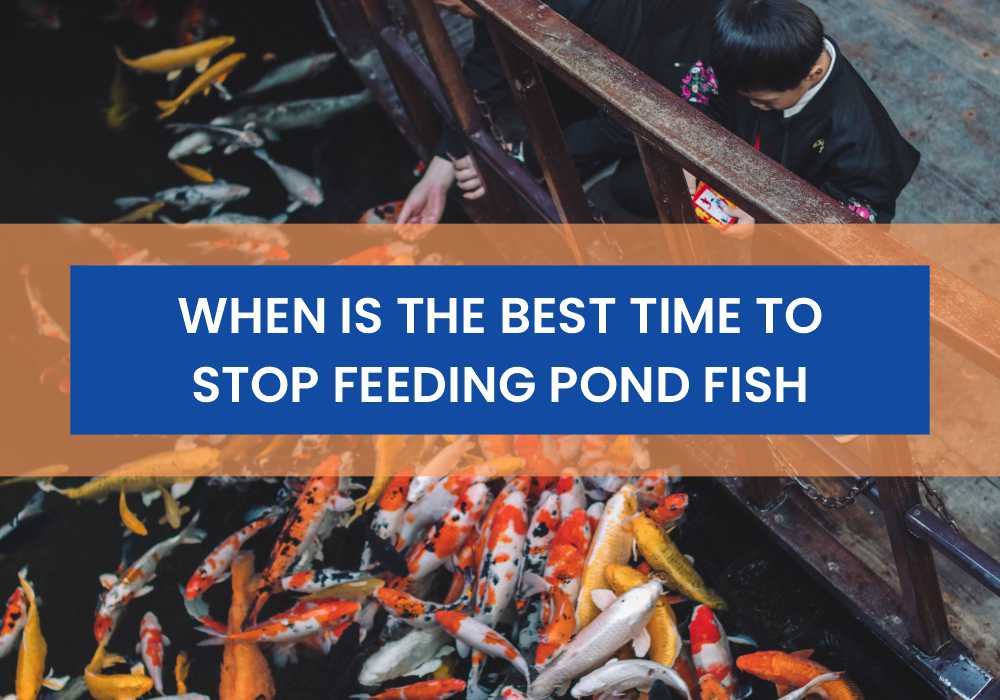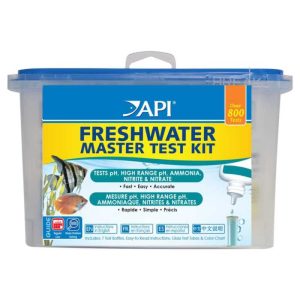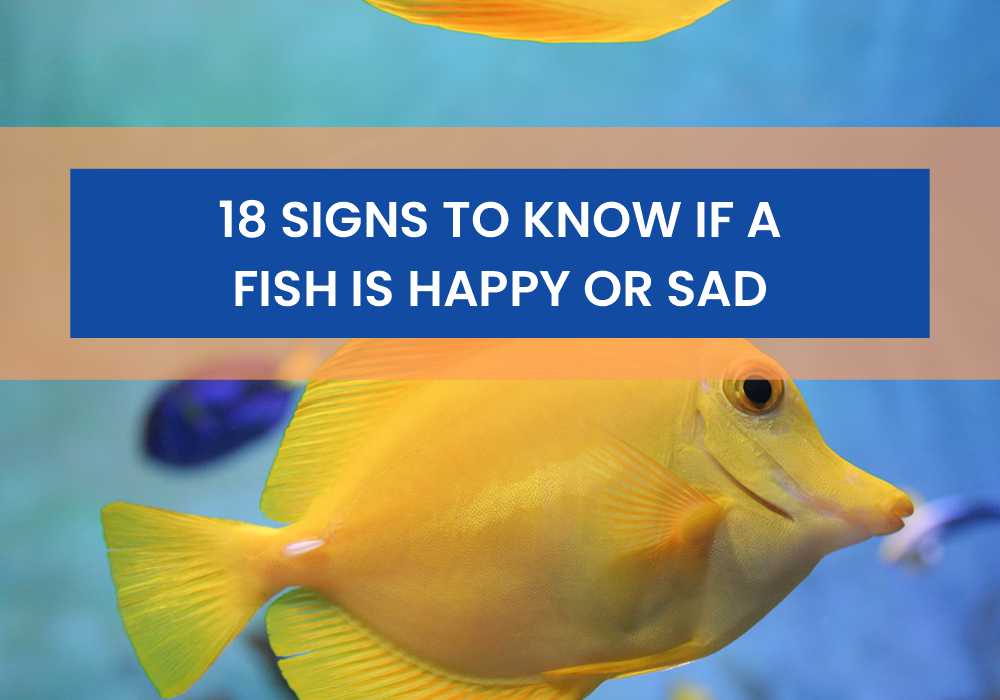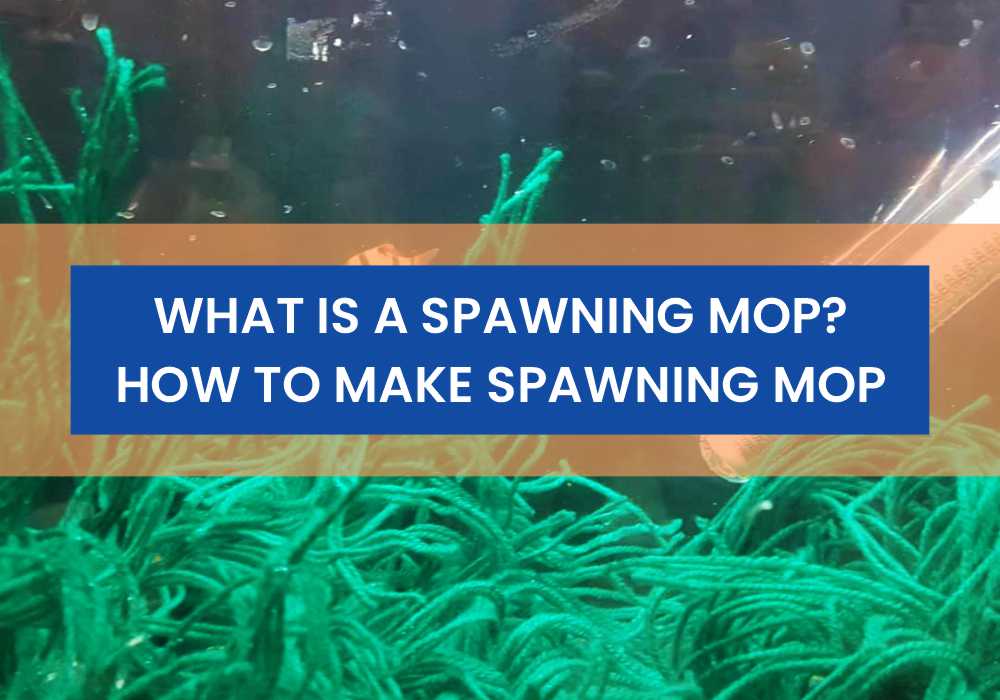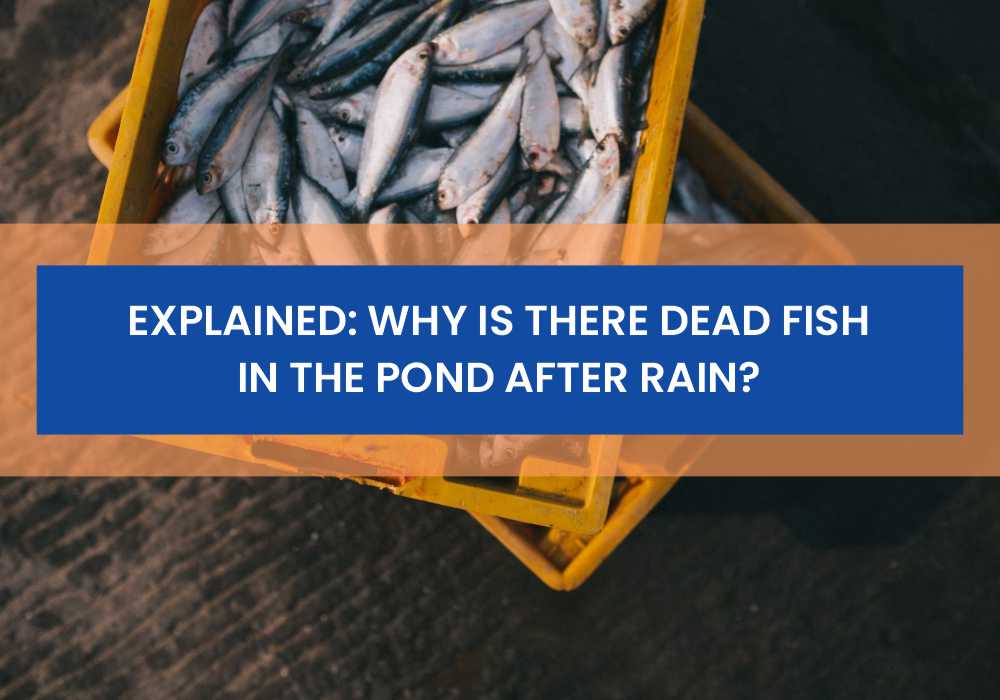As an Affiliate, We may earn a commission that doesn't cost you extra from qualifying purchases using links in this post. It helps keeps this blog running.
As the weather starts to cool down and the days get shorter, you may be wondering when is the best time to stop feeding your pond fish. While there are a few factors to consider, in general, it’s best to start cutting back on fish food as the water temperature begins to drop. This will give your fish a chance to slow down their metabolism and prepare for winter.
One important factor to consider is the type of fish you have. If you have koi or goldfish, they will need to eat more during the winter months to maintain their body temperature in preparation for winter. However, if you have cold-water fish like trout or catfish, they will actually need less food as their metabolism slows down in the cooler water.
Another thing to keep in mind is the quality of your fish food. As the water temperature drops, your fish will have a harder time digesting their food. So, it’s important to switch to a high-quality, easily digestible fish food that is designed for colder water temperatures. This will help your fish get the nutrition they need without putting strain on their digestive system.
Can You Overfeed Fish In A Pond?
Absolutely, Yes, you can overfeed your fish. It’s actually one of the most common mistakes pond owners make. When fish are overfed, they can become sick or even die. Overfeeding also leads to water pollution and can encourage the growth of harmful algae. So, it’s important to only feed your fish as much as they can eat in a few minutes. And, be sure to remove any uneaten food from the pond.
How Do You Know If You Are Overfeeding Your Fish?
You can tell if you are overfeeding your pond fish if you see uneaten food floating on the surface of the water or if there is an increase in algae growth. Another sign of overfeeding is if your fish start to look bloated or have trouble swimming. If you notice any of these signs, it’s important to cut back on the amount of food you’re giving your fish.
One of the main concerns with overfeeding fish is that it can cause pollution in the water. This is because uneaten food and fish waste can decompose and release harmful toxins into the water. This can lead to a decrease in oxygen levels, which can be deadly for fish.
What Does An Overfed Fish Look Like?
An overfed fish will look bloated and their belly will swell up, oftentimes looking like they’re about to explode which will give them a hard time swimming. You may also see their scales start to stick out and their fins may become frayed.
An underfed fish on the other hand will look skinny and its stomach will be sunken in. If you see any of these signs, it’s best to increase the amount of food you’re giving them.
If you’re unsure about how much food to give them, it’s always best to give them enough food that they can eat in 2 minutes. Even that depends on the size of your fish and the type of food you’re giving them.
If you think your fish is bloated because it is overfed, the best thing to do is stop feeding them for a few days and see if their belly goes down. If it doesn’t, then you should contact a professional for help.
How To Know When You Should Stop Feeding Pond Fish?
In general, you should stop feeding your pond fish when the water temperature drops below 50 degrees Fahrenheit. However, there are a few other things to consider as well.
The main reason you want to stop feeding your fish when the water gets too cold is because they will have a hard time digesting their food. When the water is cold, their metabolism slows down and they can’t process food as efficiently. This can lead to health problems and even death.
Another reason to stop feeding your fish when the water gets too cold is because they will start to hibernate. During hibernation, their bodies slow down and they don’t need to eat as much. If you continue to feed them, they may end up overeating and becoming sick.
So, when the water temperature starts to drop, it’s a good idea to gradually reduce the amount of food you’re giving them. Once the water temperature gets below 50 degrees Fahrenheit, you should stop feeding them altogether.
Although, there are a few other things to consider as well. If you have any concerns or are unsure about anything, it’s always best to speak with a professional before making any decisions about your fish.
What Month Do You Stop Feeding Pond Fish?
If you live in a cold climate, you’ll want to stop feeding your pond fish when the water and weather temperature start to drop below 50 degrees Fahrenheit which usually happens during winter, around October or November of the year.
The month you stop feeding your pond fish will depend on the climate you live in. So, if you live in a warmer climate, you can continue feeding your fish until the water temperature drops below 65 degrees Fahrenheit which is usually around December or January of the year.
As the weather starts to get colder, the fish will start to become less active and won’t be able to digest their food as well. This is why it’s important to stop feeding them in winter when the water temperature starts to drop. If you continue feeding them, they may end up getting sick or even dying.
It’s also a good idea to start cutting back on the amount of food you’re giving them a few weeks before you stop feeding them completely. This will help them transition and prepare for the winter months.
When spring comes around, you can start feeding your fish again. They’ll be more active and will be able to digest their food better. Just make sure the water temperature is above 50 degrees Fahrenheit before you start feeding them.
Can Pond Fish Survive Without Feeding?
Depending on the species, most pond fishes can actually survive for quite a while without food, especially if the pond is large enough. This is because, in the absence of being fed, they will begin to feed on the algae and other plants in the pond as well as any insects that may be present.
Of course, this isn’t ideal and you should still try to feed them on a regular basis, but if you can’t for whatever reason, they will still be able to survive for about 2 weeks without food during the summer when the atmosphere is normal. After that, they will begin to weaken and may eventually die.
They can also go for months without feeding in winter because their body metabolism has become slower which makes them move less and use less energy.
How Often Should You Feed Pond Fish?
Ideally, you should feed your pond fish 2-3 times per day. However, this may vary depending on the type of fish you have, the size of your pond, and the water temperature.
If you have a small pond, you may need to feed them more often because the food will get eaten quickly. In this case, it’s best to feed them 3-4 times per day.
On the other hand, if you have a large pond, you may only need to feed them 2 times per day because the food will last longer.
If the water temperature is cold in winter, you may not need to feed them as often because their metabolism will be slower and they won’t need as much food. In this case, it’s best to feed them once or twice a week.
Of course, these are just general guidelines and you should adjust the feeding schedule as necessary based on your fish’s needs. If you’re unsure about anything, it’s always best to speak with a professional for help.
How Often Should You Feed Pond Fish in Winter?
As mentioned earlier, pond fish metabolism slows down in winter which means they don’t need to eat as often. In this case, it’s best to feed them once or twice a week.
Of course, you should still monitor your fish and make sure they’re getting enough food. If you see any signs of them being underfed, such as looking skinny or having a sunken stomach, you should increase the amount of food you’re giving them.
On the other hand, if you see any signs of them being overfed, such as looking bloated or having a swollen belly, you should decrease the amount of food you’re giving them.
When Should You Start Feeding Pond Fish Again Properly?
Spring is here and the weather is slowly starting to warm up, maybe the ice has even melted from your pond, and you begin to wonder if it is time to resume feeding your pond fish as you normally would.
In general, you should start feeding your pond fish again when the water temperature starts to rise above 50 degrees Fahrenheit. However, there are some things you should do before resuming fish food and a few different types of food to choose from.
Before Resuming Fish Feeding
Before you start feeding your pond fish again, it is important to check the nitrate levels in your pond water. When the water temperature was colder, the metabolic rates of your fish were lower, meaning they produced less waste. As the water warms up and your fish become more active, they will produce more waste.
If the nitrate levels in your pond are too high, this can lead to problems such as illness and disease in your fish. To check the nitrate levels in your pond, you should consider getting the API FRESHWATER MASTER TEST KIT that comes with 7 bottles of testing solutions, 1 color card, and 4 glass tubes with caps to help you monitor your pond water quality and prevent invisible water problems that can be harmful to fish and cause fish loss.
Another thing to consider before resuming fish feeding is the condition of your fish. When the water was colder, your fish may have lost some weight and become thinner. If this is the case, you will need to slowly start feeding your fish again to allow them time to adjust and avoid overfeeding them. Start by offering a small amount of food once a day and increase the amount as your fish begin to regain their weight.
Types of Fish Food To Give Your Pond Fish After Winter
There are many different types of fish food available on the market, so it is important to choose the right type of food for your pond fish. For example, goldfish and koi prefer a diet that is high in plant matter, while other fish such as bass prefer a diet that is higher in protein. You can purchase pond fish food pellets that are specifically designed for different types of fish or you can make your own fish food at home.
If you decide to make your own fish food, you can start by mixing together cooked rice, boiled peas, and chopped spinach. This mix will provide your pond fish with the carbohydrates, protein, and vitamins they need to stay healthy. You can also add in some live or frozen foods such as brine shrimp or bloodworms for an extra boost of nutrition.
When it comes to feeding your pond fish, it is important to do so gradually and carefully. By following these tips, you can ensure that your fish are getting the nutrition they need to thrive.

I’m Akin Bouchard. Even though I now own several different fish species, I first became a koi pond owner because I loved these creatures and wanted to turn my passion into something more serious. I take pride in my collection of koi fish and love sharing my knowledge with others interested in these beautiful creatures.
A Comprehensive Guide to Training Your Fish to Perform Amazing Tricks Feats

